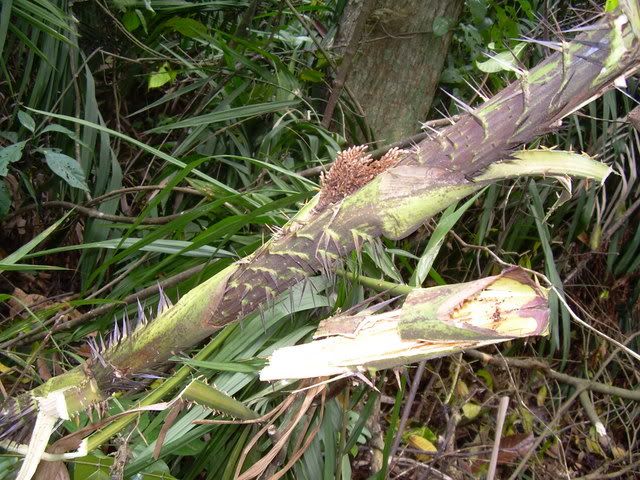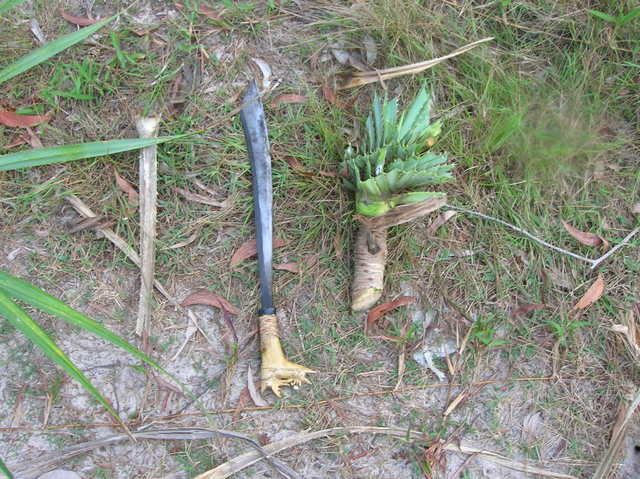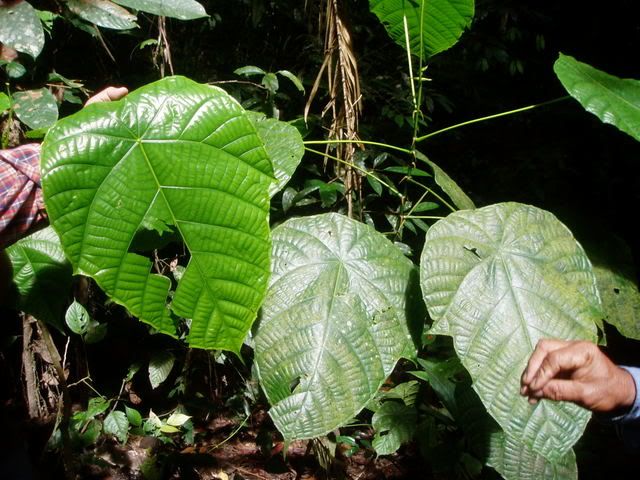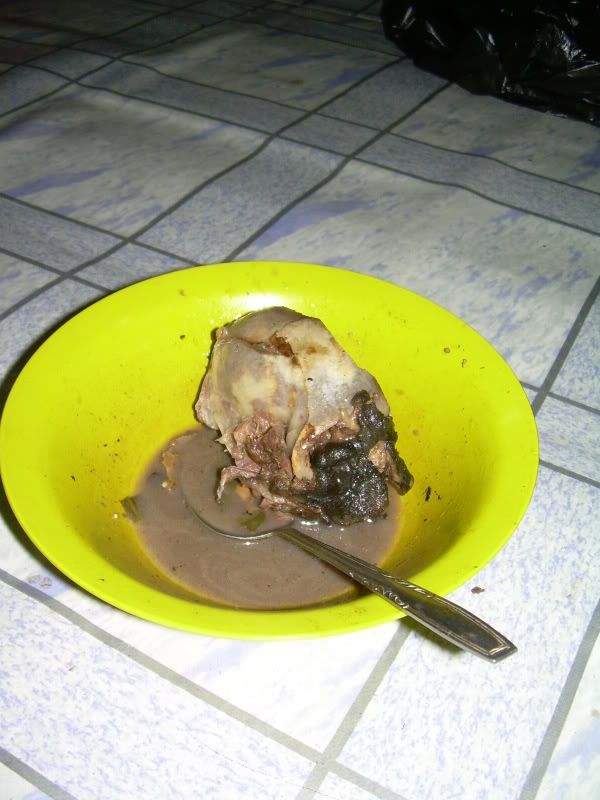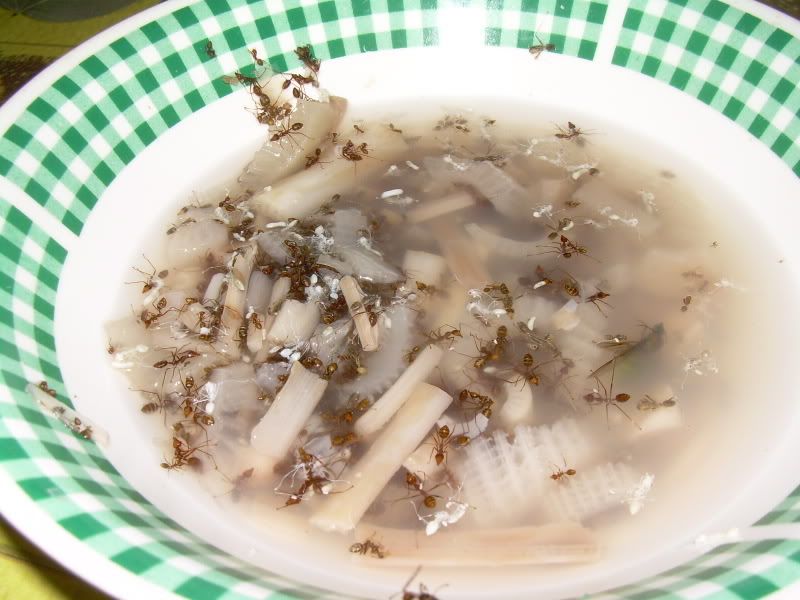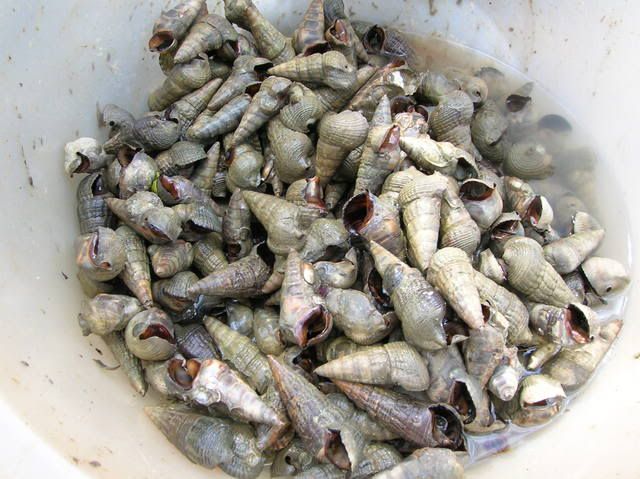Saw this article and wondered what you think to it:
Imagine yourself placed in nature in the total absence of modern technology. Ask yourself the questions: what would you eat and what could you eat? You could eat and digest fruits, plants, nuts, insects, worms, eggs, and animal flesh. These are about the only food substances found in nature that humans are capable of digesting without technological intervention. In fact, they are the very foods that are the mainstay of nomadic primitive societies and wild animals. Only when these foods become scarce do unpalatable, inedible foods such as most grains and vegetables become cooked and processed to change their palatability and increase digestibility. Our immersion in modern cookery and food processing has misled us. Foods such as pasta, granola, tofu, cauliflower and lettuce which are marketed as the ultimate health foods are in fact not natural human or animal foods at all. These products either do not exist in nature, or in their raw, precooked form are unpalatable and sometimes toxic. For example, raw soybeans contain a variety of chemicals that can stunt growth and interfere with the bodys digestive enzymes. Eat enough of them and youll die. Modern grain products are results of agriculture and in their raw form are unpalatable, indigestible and also toxic. How in nature would one ever find enough kernels of rice, wheat, or barley to make up a meal, even if they were edible in their raw form? Who, if they were really, really hungry, and had a choice, would eat raw broccoli, cauliflower or lettuce? These vegetables are now made palatable by cooking or doctoring with manufactured dressings. This creates somewhat of a dilemma. Knowing what our natural diet is and consuming it are two different things. We are so acclimated to the modern diet that the notion of eating or feeding raw meat, for example, is nauseating to most. Nevertheless, as evidenced by primitive (but nutritionally advanced) peoples, raw meat and organs can be eaten with great nutritional benefit to humans and animals, and they are totally digestible and nontoxic.
So there we have it what do you think, raw chicken anyone??? (believe it or not in japan they eat raw chicken in some resturants)
Imagine yourself placed in nature in the total absence of modern technology. Ask yourself the questions: what would you eat and what could you eat? You could eat and digest fruits, plants, nuts, insects, worms, eggs, and animal flesh. These are about the only food substances found in nature that humans are capable of digesting without technological intervention. In fact, they are the very foods that are the mainstay of nomadic primitive societies and wild animals. Only when these foods become scarce do unpalatable, inedible foods such as most grains and vegetables become cooked and processed to change their palatability and increase digestibility. Our immersion in modern cookery and food processing has misled us. Foods such as pasta, granola, tofu, cauliflower and lettuce which are marketed as the ultimate health foods are in fact not natural human or animal foods at all. These products either do not exist in nature, or in their raw, precooked form are unpalatable and sometimes toxic. For example, raw soybeans contain a variety of chemicals that can stunt growth and interfere with the bodys digestive enzymes. Eat enough of them and youll die. Modern grain products are results of agriculture and in their raw form are unpalatable, indigestible and also toxic. How in nature would one ever find enough kernels of rice, wheat, or barley to make up a meal, even if they were edible in their raw form? Who, if they were really, really hungry, and had a choice, would eat raw broccoli, cauliflower or lettuce? These vegetables are now made palatable by cooking or doctoring with manufactured dressings. This creates somewhat of a dilemma. Knowing what our natural diet is and consuming it are two different things. We are so acclimated to the modern diet that the notion of eating or feeding raw meat, for example, is nauseating to most. Nevertheless, as evidenced by primitive (but nutritionally advanced) peoples, raw meat and organs can be eaten with great nutritional benefit to humans and animals, and they are totally digestible and nontoxic.
So there we have it what do you think, raw chicken anyone??? (believe it or not in japan they eat raw chicken in some resturants)

 or have I gotten myself confused somewhere.....
or have I gotten myself confused somewhere.....